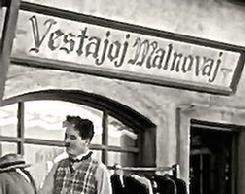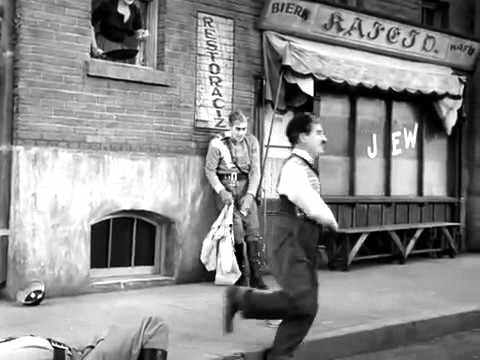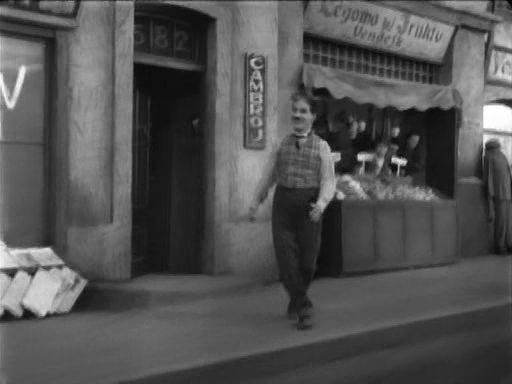The first four Mahler symphonies are called Wunderhorn symphonies for good reason: they all draw inspiration from songs in the Des Knaben Wunderhorn collection, including quotations or rearrangements of song settings that Mahler had done.
That correlates with the structure of the Wunderhorn symphonies, contrasted with his later work: more songlike, more scene-painting, more focus on single musical ideas, more overt programmes. The later works, the 5th, 6th, and 9th, are greater (not by far), and certainly more sophisticated, but the first four are more accessible. Which makes it easier for them to tug at the heartstrings.
Mahler never wore his heart on his sleeve as much as in the Funeral March of the 1st. He probably intended nothing Klezmer about it—he thought of the band as Bohemian, rather than Jewish, and his mental picture was about a band marching in and out of earshot; but the simple melodies and violent clashes in mood have a special resonance for me, one that the Yiddishkeit of the march (from our post–Austro-Hungarian perspective) enhances.
And the bit that gets me crying without fail is the yearning for heaven in Urlicht, from the 2nd symphony. Again, because of the contrast—in particular, the contrast with the cynicism of St Anthony’s Sermon to the Fishes, which precedes it, and swallows it up afterwards.






